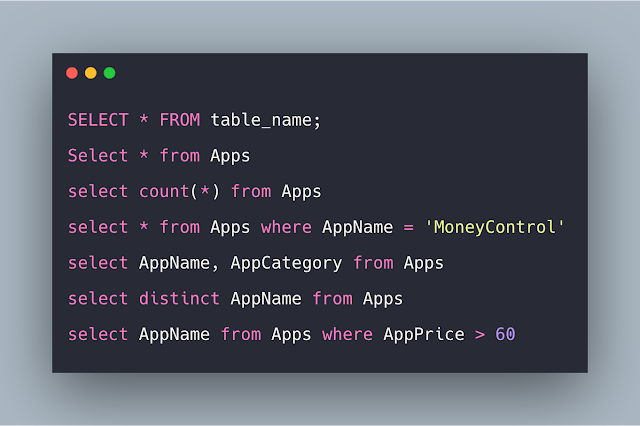Hello,
The SQL Server Database Engine processes queries against various data storage architectures, such as local tables, partitioned tables, and tables distributed across multiple servers. The following topics explain how SQL Server processes requests and optimizes their reuse through caching of the execution plan.
The SQL Server Database Engine can process Transact-SQL statements in two distinct processing modes:
The SQL order of execution defines the order in which the clauses of a query are evaluated. Some of the most common query challenges I run into could be easily avoided with a clearer understanding of the SQL order of execution, sometimes called the order of operations. Understanding query order can help you diagnose why a query won’t run, and even more frequently will help you optimize your queries to run faster.
In the modern world, SQL query planners can do all sorts of tricks to make queries run more efficiently, but they must always reach the same final answer as a query that is executed per the standard order of execution. This order is:
The SQL Server Database Engine processes queries against various data storage architectures, such as local tables, partitioned tables, and tables distributed across multiple servers. The following topics explain how SQL Server processes requests and optimizes their reuse through caching of the execution plan.
The SQL Server Database Engine can process Transact-SQL statements in two distinct processing modes:
- Line mode execution
- Batch mode execution
The SQL order of execution defines the order in which the clauses of a query are evaluated. Some of the most common query challenges I run into could be easily avoided with a clearer understanding of the SQL order of execution, sometimes called the order of operations. Understanding query order can help you diagnose why a query won’t run, and even more frequently will help you optimize your queries to run faster.
In the modern world, SQL query planners can do all sorts of tricks to make queries run more efficiently, but they must always reach the same final answer as a query that is executed per the standard order of execution. This order is:
- From
- Where
- Group by
- Having
- Select
- Order by
- Limit




0 comments:
Post a Comment